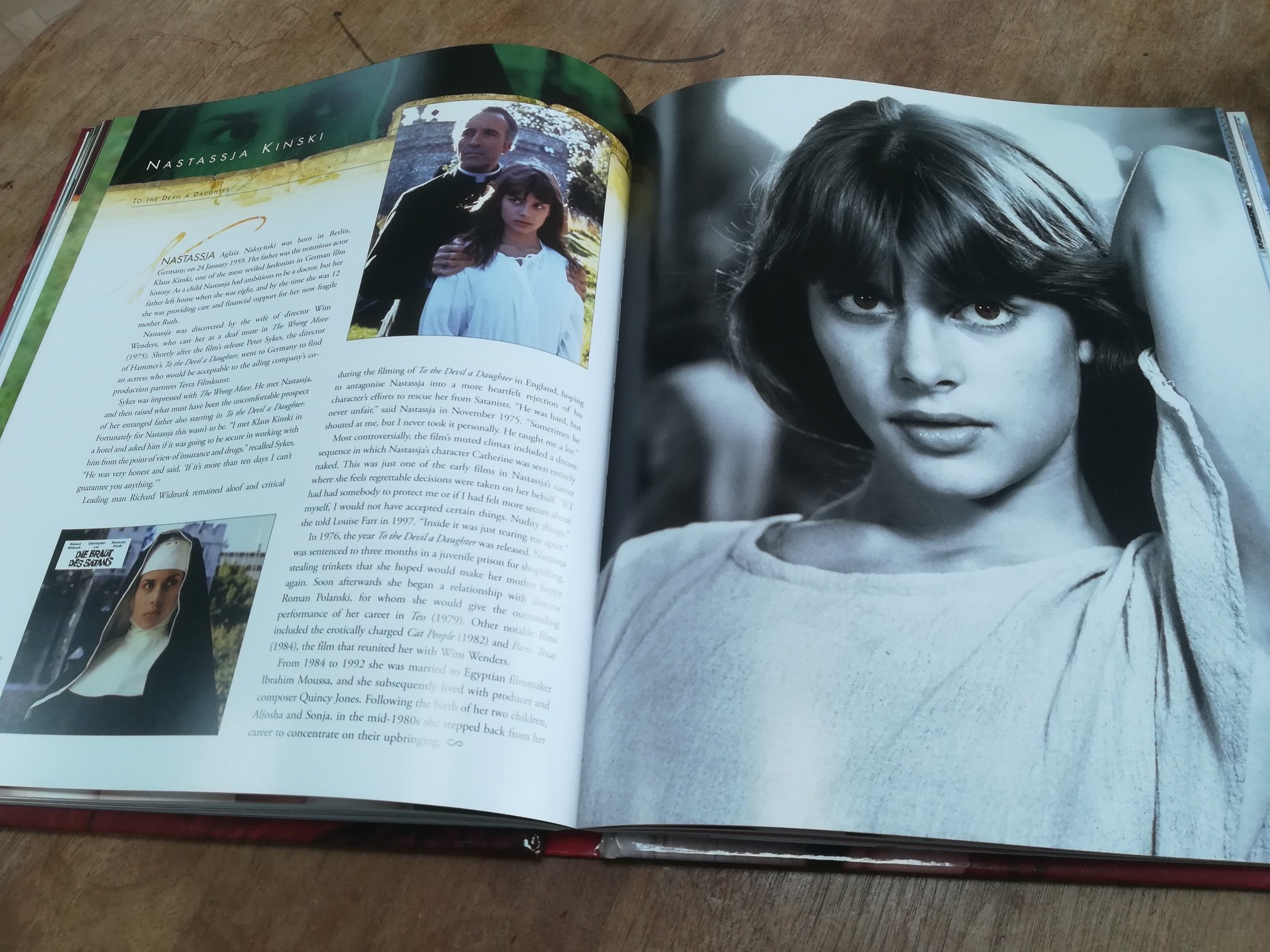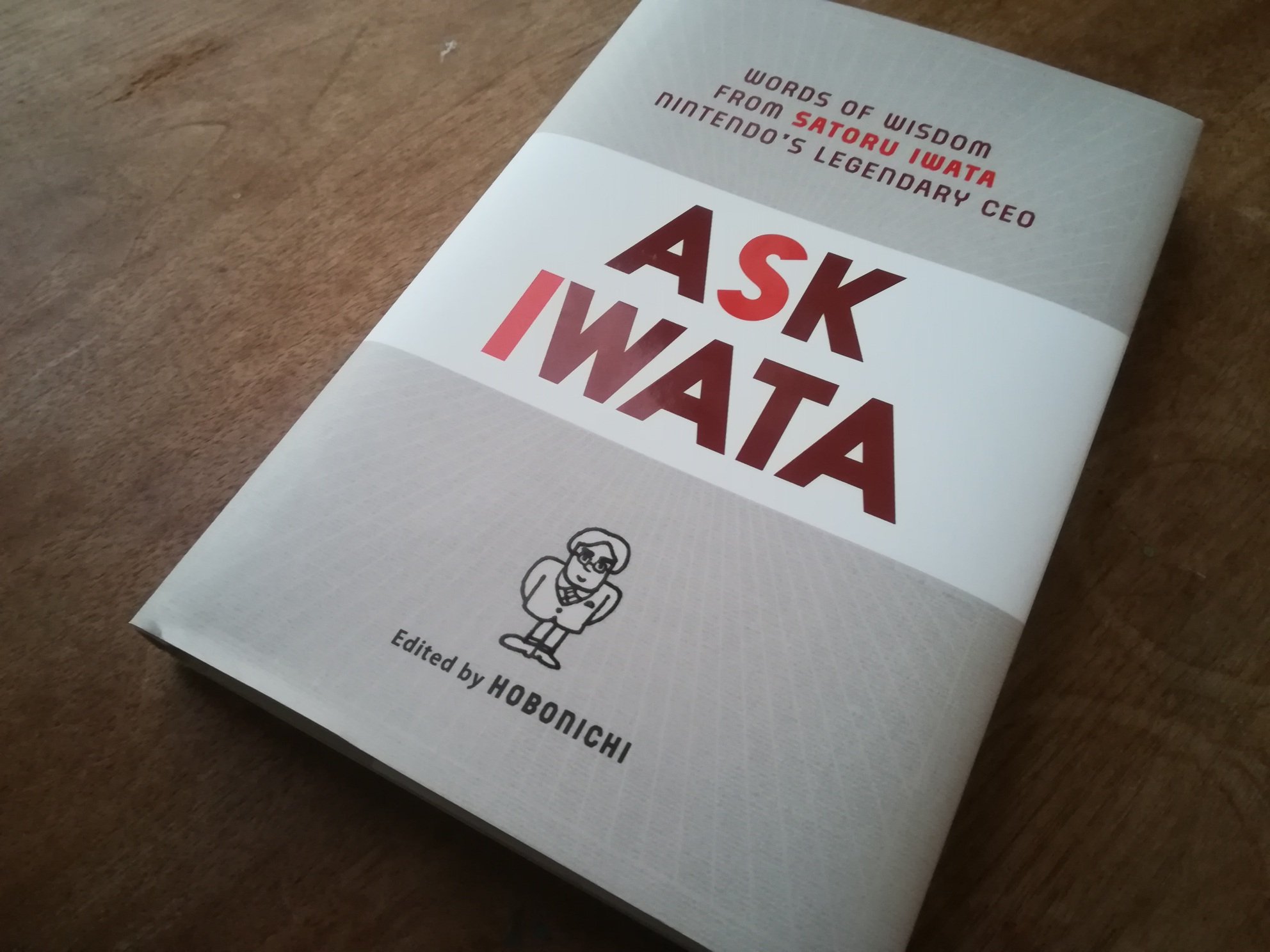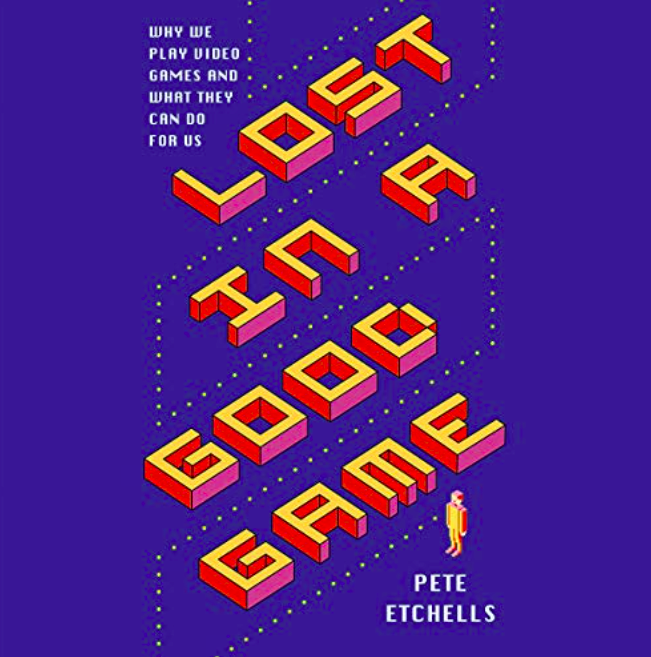I've read a lot biographies and autobiographies over the past 12 months, and I mean a lot! Yes, these were often of celebrities who wanted to show their best self and were not your typical lay person but it has been interesting to see how candid they were and actually critical of their own actions or inactions.
I’ve read or listened to the autobiographies of Prince Harry, Oliver Stone, Cassandra Peterson (Elvira), Tegan and Sara, Mel B, Louis Theroux, Reggie Fils-Aime, Simon Reeve, Seth Rogan and Jennette McCurdy as well as the biographies of Peter Falk (Columbo), William Blake and Robin Williams. Additionally, I’ve listened to a lot of podcasts on people including the excellent Dermot O’Leary fronted People, Just People and the perennial favourite Desert Island Discs. I’ve learned a lot from these and, even though many of these people have lived vastly different lives to mine, I found many shared the same worries, concerns and dreams we all have.
With autobiographies, the danger is that what you get is a highly polished and lacquered version of the truth; the rough edges sanded out leaving a gleaming yet lifeless end product. So, when I heard that Britney Spears had an autobiography out I was intrigued. As a teenager, Britney was everywhere in the media landscape. Even though her music wasn’t to my taste, I appreciated what she was doing for pop music. Britney was kind of unavoidable as she was constantly on the music channels or on the front of newspapers and magazines. I was in my Indie/ Britpop/ Trance phase but my younger sister was a fan so I'd often see her on her music magazines she’s buy like Smash Hits etc. B
As the years rolled on, I saw the articles and mood around her change; I’d constant see Britney smears *bows- a thank you!* in the media and tabloids at the time. I remember thinking how I was not sure I would be able to stand up to so much scrutiny and judgements about my appearance. The constant nitpicking would have destroyed my sense of self esteem as I was going through a typically awkward puberty filled with zits, greasy hair and skin, BO and growing pain issues… so how was she coping? Intrigued, I bought the audiobook and listened as Michelle Williams regaled me with the life of Britney Spears after a short preface from the author.
Firstly, I’d like to note that it is a slight book clocking in at only 288 pages so it is not an exhaustive look at every aspect of Britney’s life. It’s only a few hours in length so it is an overview of the key themes that she deems important to cover. They key points I took away from it were:
- Britney had a pretty normal upbringing but her father was an alcoholic and abusive.
- Her Aunt Jean was her favourite person in her childhood and when she died it hit her hard.
- Justin Timberlake was living with her and, when she was pregnant, they had it terminated as he stated that he was not ready. She said JT drifted apart after that and had affairs.
- Madonna offered her support and collaborated on a song.
- She is friends with Paris Hilton and the two were drinking and partying buddies but Britney insists she never did hard drugs.
- The conservatorship took away a lot of her agency and freedom. Her father stated, 'I'm Britney now'.
- Her mum went on a lot of talk shows to publicise her book where she constantly trash talked Britney, even when her sister got pregnant at 16 years old.
- The #FreeBritney really helped her mental health.
- She really looks up to Reese Witherspoon, who she believes is a powerful and strong woman, and had a fling with Colin Farrell, who she dated for a few weeks post-JT.
- Her sister Jamie-Lynn rushed out an autobio of her own to capitalise on Britney's conservatorship ending.
Throughout the book, what comes through is how angry she is that the people who should have had her back the most were the ones to let her down and betray her to ride the gravy train. It is painfully honest account of her life so far but, as with all autobiographies, versions of events are from a singular viewpoint. This is my truth isn't the same thing as this IS the truth; it can't be as there are so many perspectives and viewpoints to consider that that wouldn't be possible.
A life lived isn't empirical but messy and nuanced and so what we have is Britney’s version of events. Whether things occurred as she portrays them, we can't know, but the points she raises against the media I, and I’m sure many of you too, have seen. The constant misogyny and scrutiny about her appearance seem chilling now after the #metoo movement- the 90s and 00s seems like a whole different era but it was only a couple of decades ago.
Something I've learned over the years is Quid Pro Quo, who benefits is probably the most likely proponent of what is occurring. And so, whilst I always take autobio with a a grain of salt, the trashiness level shown by her own family and ‘friends’ to release books and go on talks how's whilst your own family member or close friend is suffering makes me believe Britney's account more than theirs. The disregard shown by her family for her mental health is stunningly awful and the fact that they held her captive for so long is an indictment against the mental health institutions and the systems that allowed it to happen.
The book is very interesting and well worth a read, even for someone like me who’s not really into this kind of thing.
LINK- William Blake vs. The World- Book Review
LINK- The Future Starts Here: An Optimistic Guide to What Comes Next- Book Review
LINK- Utopia for Realists- Book Review
LINK- Natives: Race and Class in the Ruin of Empire- Book Review


















